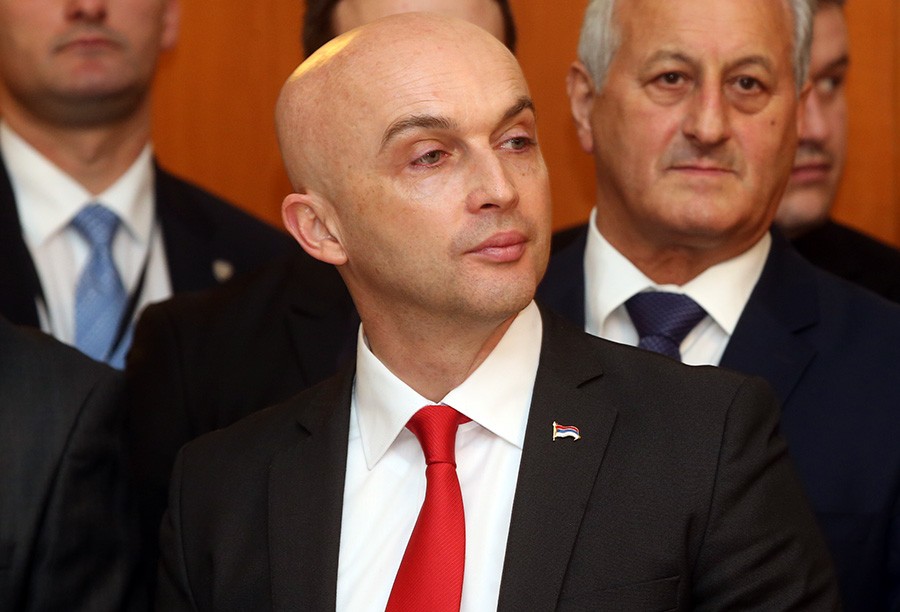The Constitution of Republika Srpska predates the Constitution of BiH, as it was adopted before the war and, historically viewed, if not for February 28, and before that January 9, 1992, there would not have been the Dayton Peace Agreement, declared University Professor Srđan Perišić to Srna.
“The question is also what would have happened to the Serbs in BiH because they can only survive there if they have their statehood,” Perišić emphasized.
On the occasion of the 32nd anniversary of the adoption of the Constitution of Republika Srpska, Perišić pointed out that there are two constitutions confirming the constitutional legal position of Republika Srpska within the Dayton BiH.
He emphasized that the highest legal acts of Republika Srpska and BiH clearly state that Republika Srpska has a certain political and legal autonomy and its territoriality, or as he mentioned, is a state within BiH.
“It is important to highlight that the Constitution of Republika Srpska is older than the Constitution of BiH because it was adopted before the civil war in the former BiH. Historically viewed, if not for February 28, and before that January 9 (Day of Republika Srpska), there would not have been the Dayton Peace Agreement,” Perišić said.
He reminded that since the signing of the Dayton Peace Agreement, there have always been attacks on the guaranteed political and constitutional position of Republika Srpska.
“From the Middle Ages until the founding of Republika Srpska, BiH was always part of some other empires or under occupation, which sometimes lasted for centuries and sometimes for decades. Serbs never had their own state from the medieval Serb state of BiH until January 9 and February 28. That is why February 28 is significant – because for the first time in history, Serbs constitutionally defined their position as a people in BiH,” Perišić concluded.
The Assembly of the Serb people in BiH adopted the Constitution on February 28, 1992, which was unanimously adopted on the basis of the Declaration of Establishment and guaranteed the full equality and equity of the people and citizens of the Republic.
The highest legal act of Republika Srpska, which is still in force with certain amendments, was adopted before the outbreak of tragic conflicts and the unilateral Bosniak and Croatian declaration of independence of BiH following the referendum held on March 1, in which Serbs did not participate.
Source: RTRS









